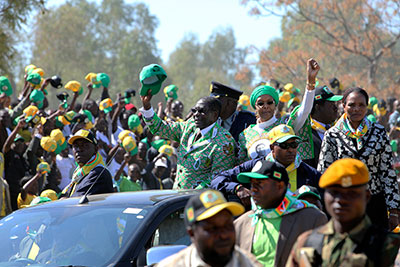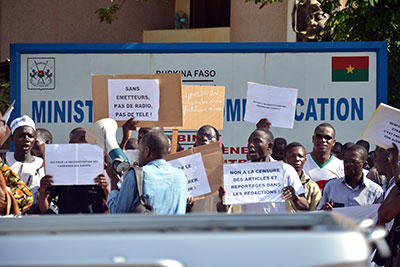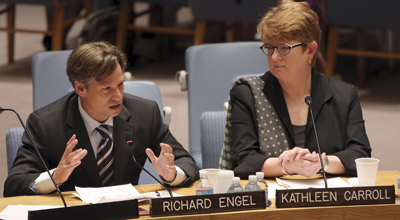
After Security Council, what next for journalist safety?
Speaking at a U.N. Security Council discussion about the protection of journalists, Associated Press Executive Editor and CPJ Vice Chair Kathleen Carroll remembered the 31 AP journalists who have died reporting the news and whose names grace the Wall of Honor that visitors pass as they enter the agency’s New York headquarters. Most were killed…

Surveillance detection for journalists in the field
Much has been made recently about the digital surveillance of journalists–and rightly so–but physical surveillance remains a key tactic of security forces, law enforcement, and private entities. These operatives are monitoring journalists, gathering intelligence on them, and potentially obstructing journalists’ work or putting them at risk.
A bid to rid Africa of criminal defamation, sedition laws
The African Union’s special rapporteur on freedom of expression and access to information, Commissioner Pansy Tlakula, has launched an auspicious initiative in East Africa to counter criminal defamation and sedition laws. Since independence, authorities and business interests in the East and Horn region have used criminal laws on sedition, libel, and insult–often relics of former,…

Exiled journalists in risky places need helping hand
It was well past mid-day in Eastleigh, a shanty district on the east side of Nairobi, Kenya. The billows of dust rising from the rock-scarred road showed a government that had long lost interest in the neighborhood. A young man, struggling with horribly dry conditions, was fighting with his patrons. “Welahi, today’s khat is so…
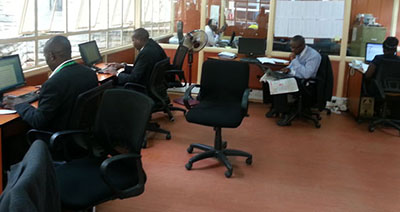
Kenyan journalists kicked out of Parliament media center
News coverage of the Kenyan Parliament elected in March 2013 is off to a rocky start. The press last week was kicked out of the media center in the National Assembly, and although the speaker tried to make assurances that overall access won’t be affected, journalists are wary.
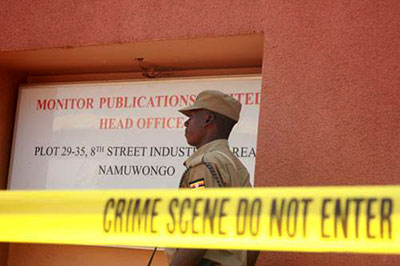
Siege over, but damage to Ugandan press may last
Journalists are back to work at Uganda’s leading privately owned daily, The Monitor, after a 10-day siege of their newsroom by police. But that does not mean it is business as usual for the nation’s press. The paper’s owners at the Nation Media Group evidently begged and negotiated for its reopening–signaling to other media houses…
Investigative journalist under threat again in Angola
The Angolan government has brought criminal charges against journalist Rafael Marques de Morais for his book, Blood Diamonds: Corruption and Torture in Angola, published in Portugal in 2011, that documented allegations of homicides, torture, forced displacement of civilian settlements, and intimidation of inhabitants of the diamond-mining areas of the country’s Lundas region.
